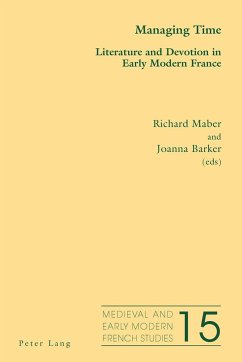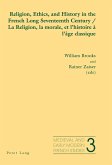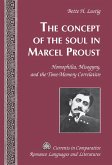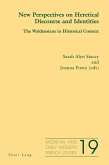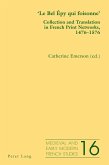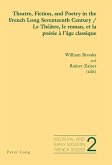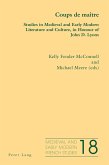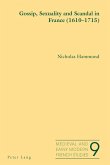This volume offers a multidimensional exploration of the theme of time in early modern France: of time past, time present and time future, in literature and in life.
In poetry, the importance of past and future perspectives was studied by Maynard and La Fontaine. The dynamics of tragic drama were haunted by the past, driven by the urgency of the present and pervasively aware of the alternative futures that could be created, while in imaginative fiction there was a perennial fascination with possible future societies, Utopian or otherwise.
The awareness of transience and mortality gave urgency to the right ordering of life. The Church offered guidance to the pious for their days to be passed in disciplined devotion, while the moralists urged their worldly readers to redeem their misspent time and look to things eternal. At the end, the right ordering of death was both a social and a religious preoccupation.
The essays gathered here aim to stimulate an imaginative engagement with this important theme and open up avenues for future research.
In poetry, the importance of past and future perspectives was studied by Maynard and La Fontaine. The dynamics of tragic drama were haunted by the past, driven by the urgency of the present and pervasively aware of the alternative futures that could be created, while in imaginative fiction there was a perennial fascination with possible future societies, Utopian or otherwise.
The awareness of transience and mortality gave urgency to the right ordering of life. The Church offered guidance to the pious for their days to be passed in disciplined devotion, while the moralists urged their worldly readers to redeem their misspent time and look to things eternal. At the end, the right ordering of death was both a social and a religious preoccupation.
The essays gathered here aim to stimulate an imaginative engagement with this important theme and open up avenues for future research.

